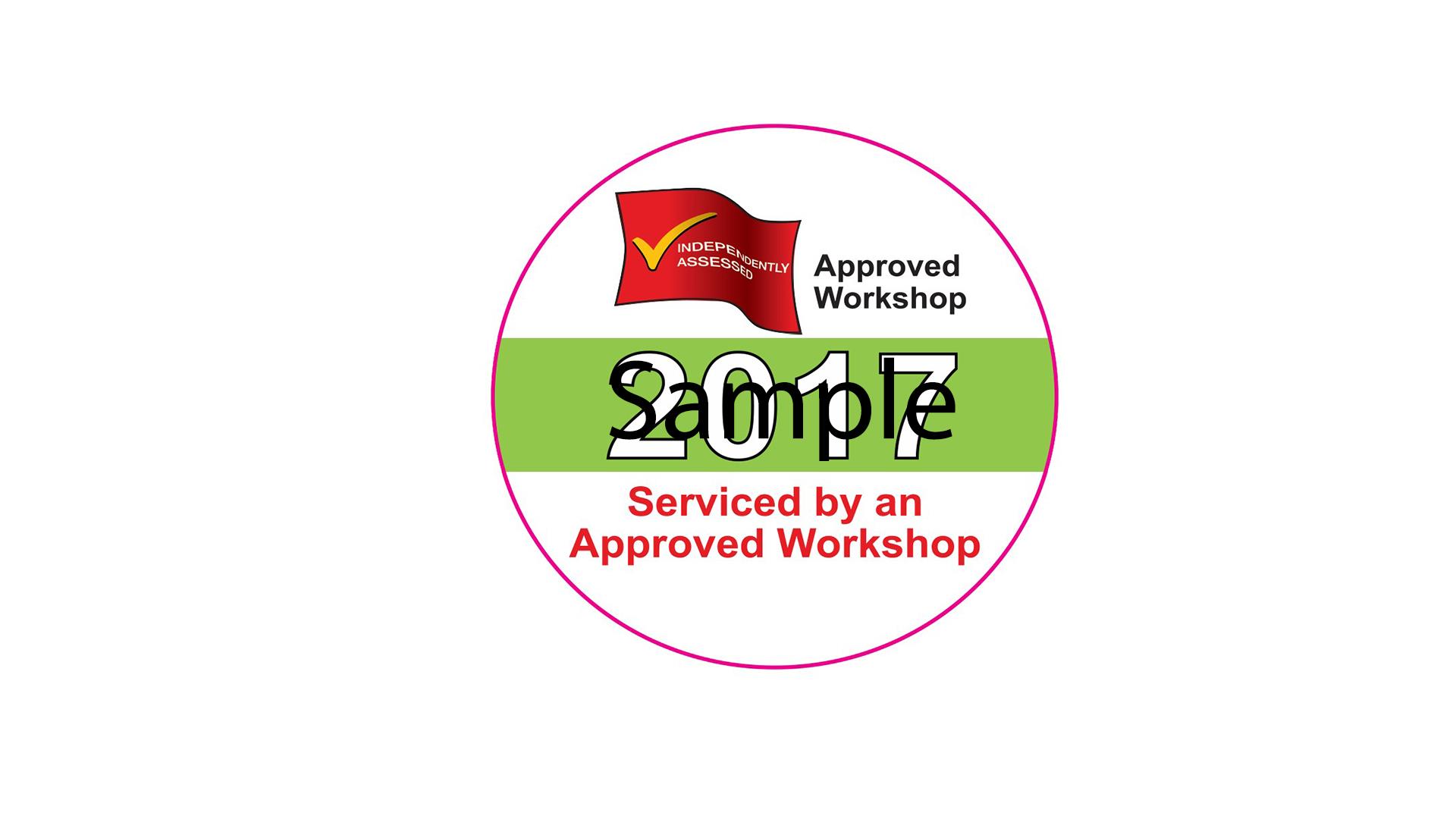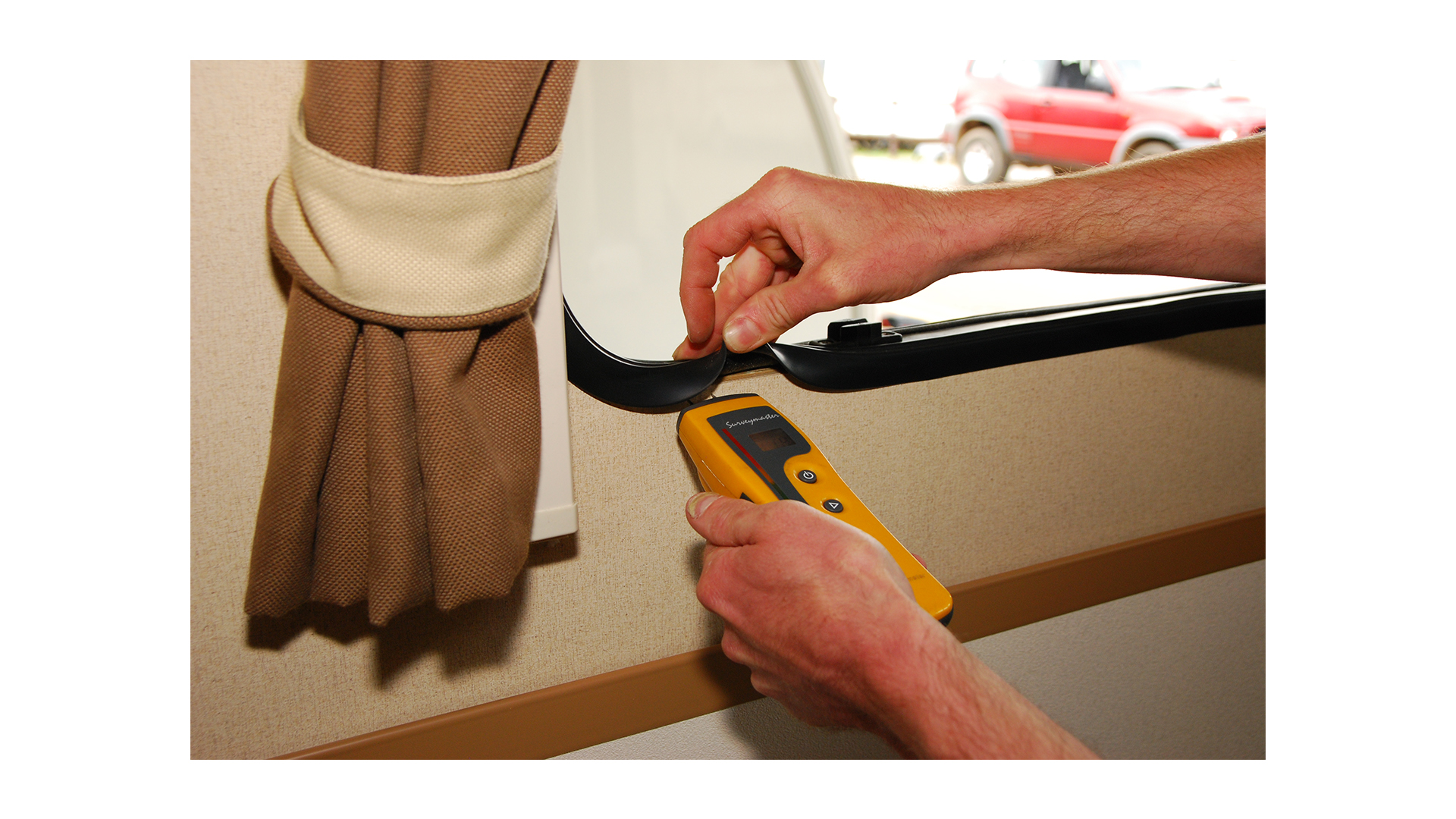Expert Guide to Caravan and Motorhome Servicing
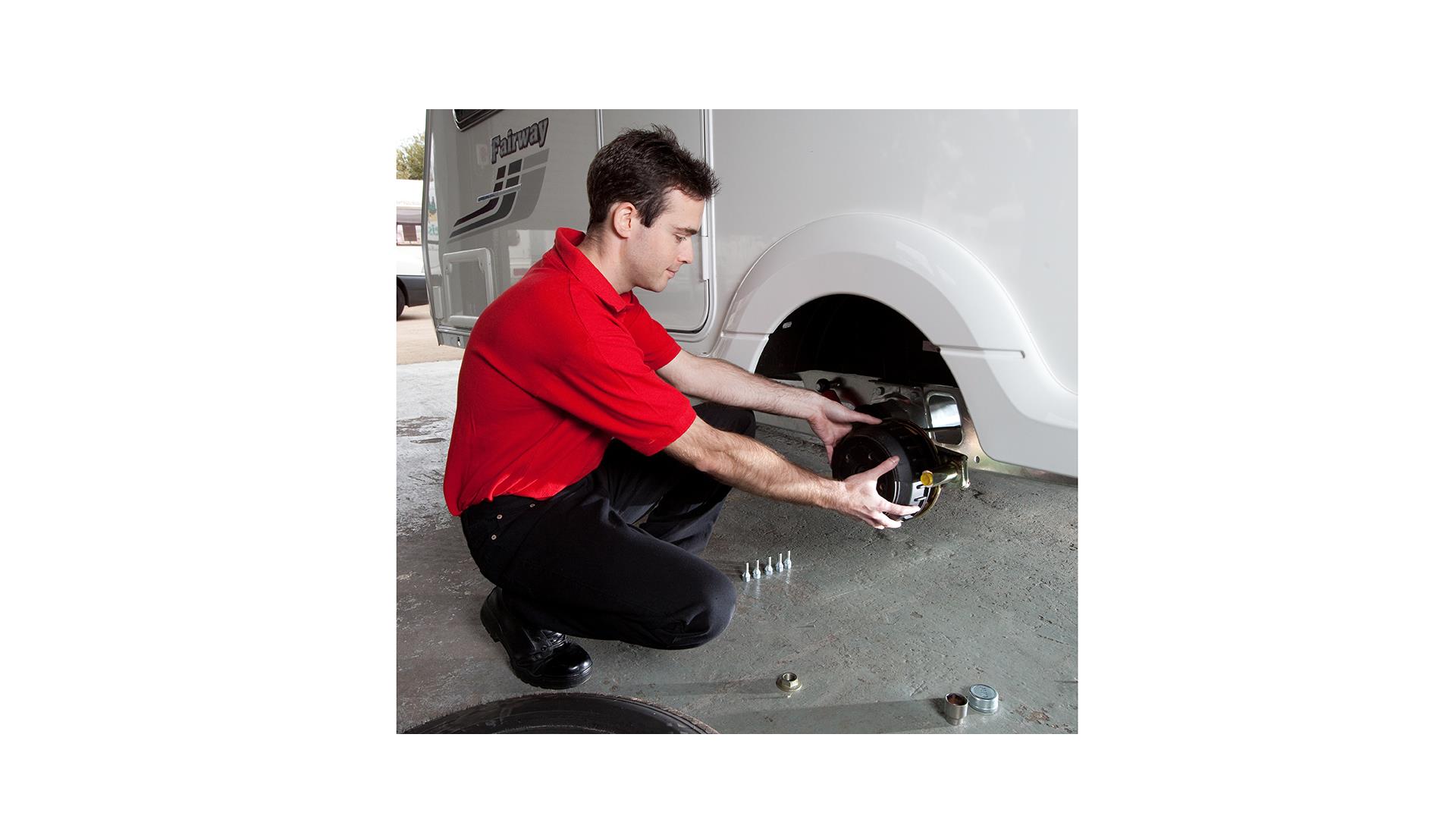
Regular servicing of your caravan or motorhome should pay off in the long run with greater reliability and improved resale value.
This guide is intended to provide general guidance on how to go about servicing and maintaining your unit. While the guidance is mainly directed towards caravan owners, much of the information is also applicable to owners of folding campers and motorhomes.
Every vehicle or trailer is required by law to be in a condition where is does not cause danger to anyone. Some items you can easily check for yourself, such as tyres and lights, but the braking system and the electrical and gas items inside the habitation area are best left to experts if you are not to risk your safety or that of others.
The three elements of maintenance to keep your caravan or motorhome in tip-top condition are:
- Annual servicing
- Regular maintenance
- Winter preparation and maintenance
Annual Servicing
The Club recommends annual servicing is carried out by properly qualified experts, and ideally this means by a member of the Approved Workshop Scheme (AWS) or your supplying dealer. The AWS was set up jointly by The Camping and Caravanning Club, the Caravan and Motorhome Club and the National Caravan Council (NCC) to ensure consistent standards and good practice in the caravan repair industry. The NCC now administers the scheme and it has proved a great success with more than 400 caravan, motor caravan and mobile workshops now in membership. Please note that the majority of AWS centres that handle motorhomes deal with servicing and repairs to the habitation area only and not the base vehicle.
Some workshops have arrangements with base vehicle garages to inspect elements such as running gear, drivetrain, and road lights in the same day or you may need to arrange this separately. Check with your workshop how this is dealt with.
All AWS members follow the same nationally-agreed service schedule, provide clear menu pricing, a strict code of practice and also a dispute conciliation service. You will normally get a minimum six-month guarantee on all repair work and all members of the AWS are independently assessed each year for their levels of customer service. Over 40 separate checks are carried out by the AWS annual service, and details of the work undertaken can be found on the AWS website (www.approvedworkshops.co.uk) or by asking any member of the scheme.
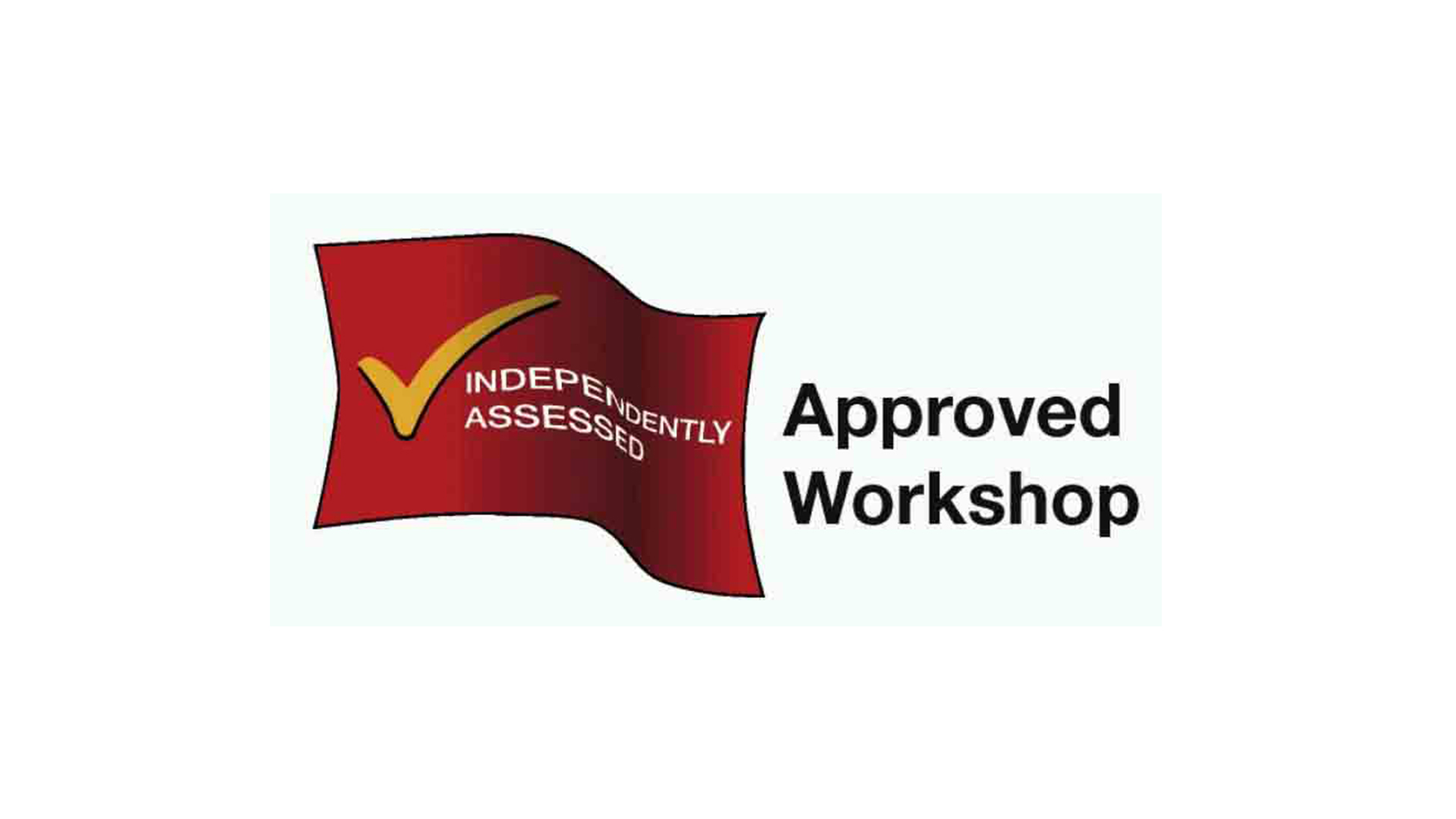
These workshops have a range of specialist equipment that most owners will not have access to, such as a ramp, special tools and gas and electrical testing equipment. It is recommended that you have the caravan serviced at least once a year - or more often for intensive use - and that you also carry out regular basic user maintenance throughout the year. Manufacturer's warranty schemes generally insist on at least an annual service and most will accept a service done by an AWS member for this purpose, but check with your unit's manufacturer.
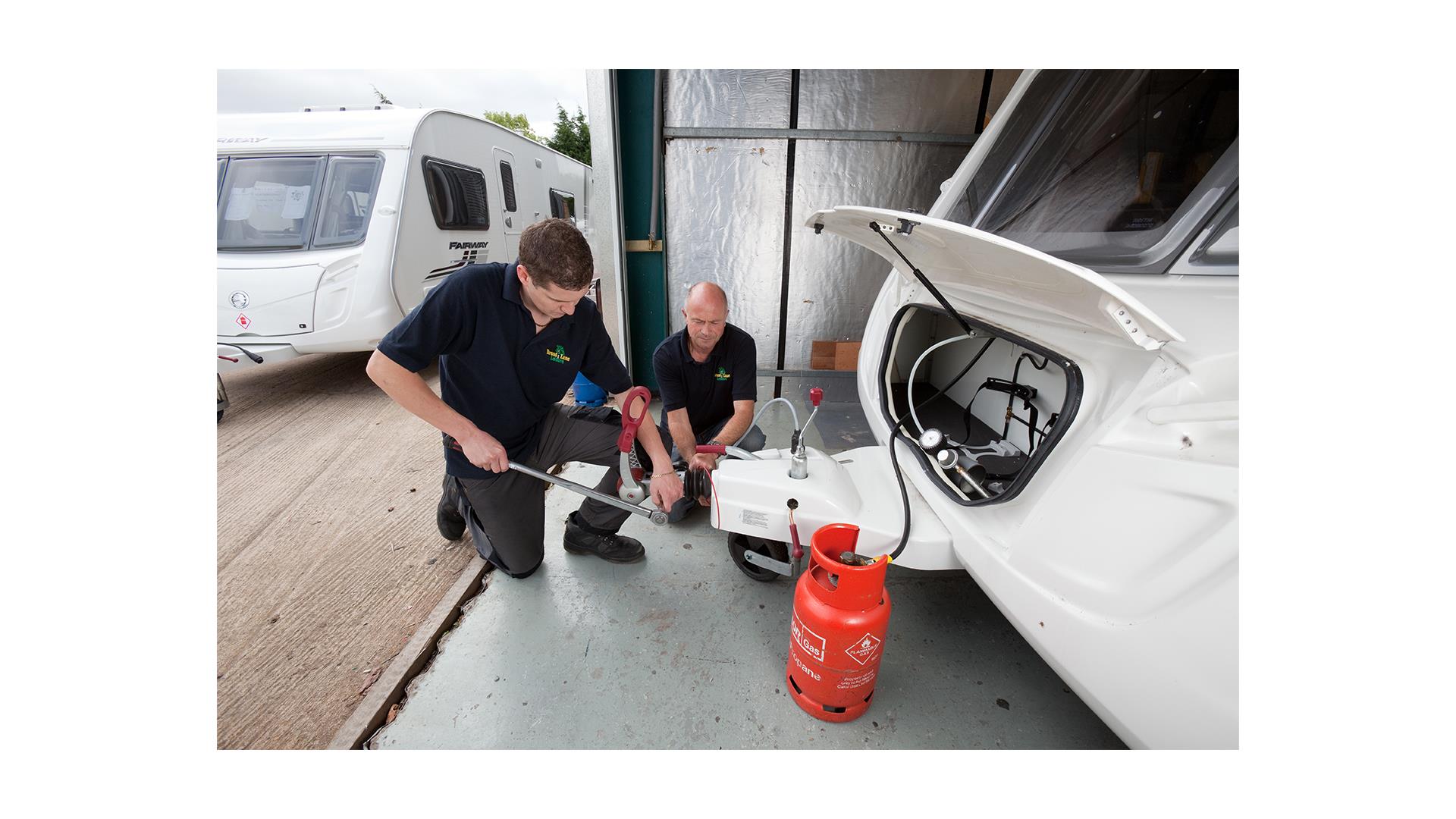
Remember, not all items in the caravan or motorhome will be covered by the annual service by default. The refrigerator, for example, may need periodic servicing, with at least one company requiring an annual service for its fridges as part of the warranty agreement. However, refrigerators – as with cookers and space heaters – are normally only checked for correct functioning during an annual service. You should check the applicable component maker's instructions or warranty for the frequency of servicing of these items and advise your workshop if you require the appliance to be serviced rather than just checked for function.
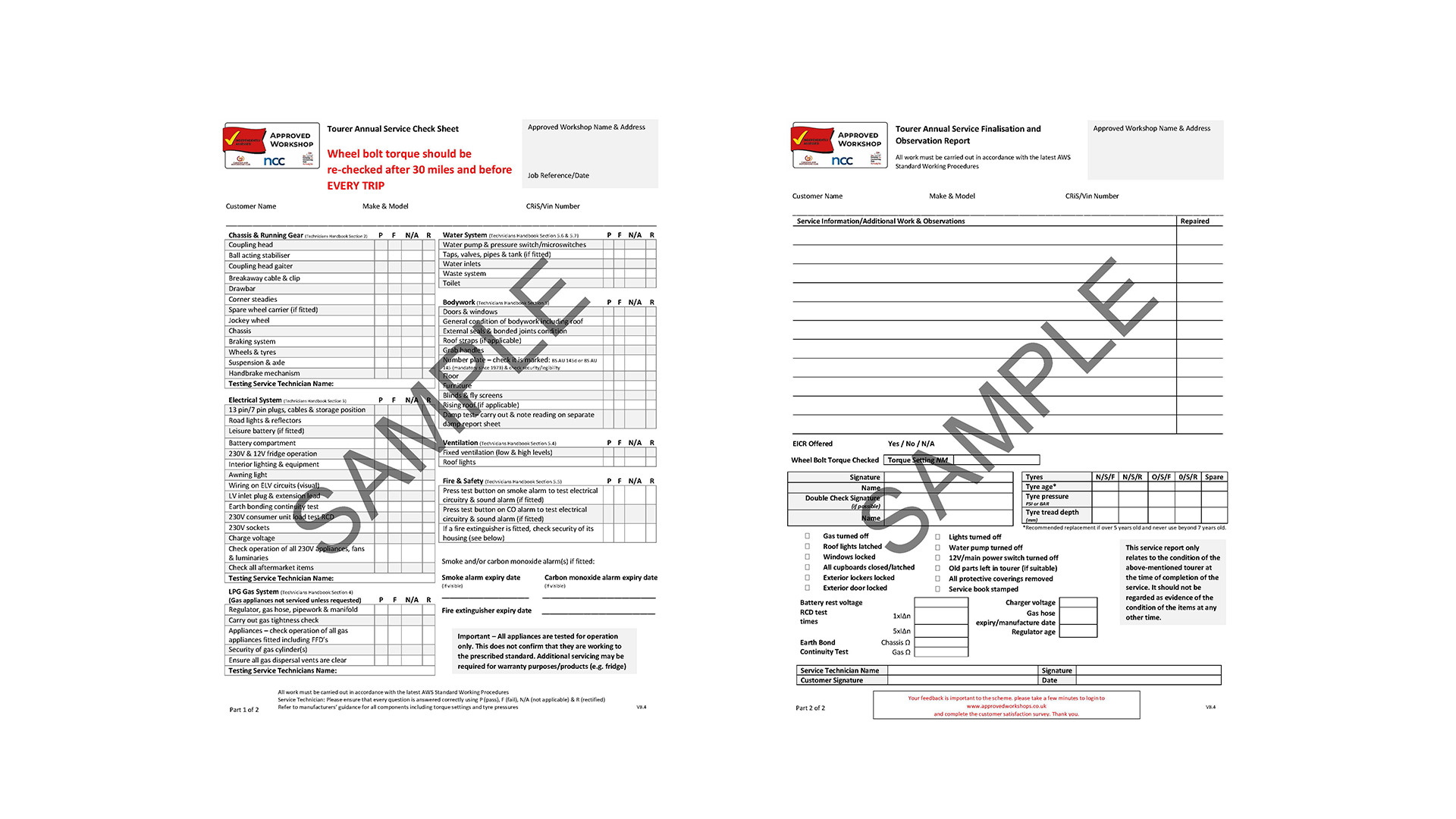
On completion of a service, an Approved Workshop will provide you with a service checklist that itemises all the points checked and will include advice and information on tyre condition and pressures. Remember tyres deteriorate with age and even though you may have plenty of tread left your workshop will advise replacement if they are more than seven years old (using the date marked on the tyre). AWS members will only carry out extra work or replace parts if they are safety related or with your specific permission, but always agree with your workshop on how to deal with extra identified works. Some workshops operate on the basis of undertaking any additional work up to a value of say £30, which eliminates the need for referral back for small items such as the replacement of bulbs. Approved Workshops will provide a detailed written estimate for works likely to exceed £150. It is a good idea to agree these figures with the workshop beforehand.
A vital part of any annual service is the damp check and this is an integral part of an Approved Workshop service. A separate damp report giving moisture content readings will be supplied, based on multiple checks as required by the scheme. You should note that the moisture readings will always be above zero and as the guidance notes on the report indicate, anything up to 15 per cent is considered normal. Your workshop will be able to provide appropriate advice for readings above 15 per cent.
Subject to complying with the manufacturer's warranty requirements, consider having a service completed during the winter months when the workshops are less busy. Try to avoid the early spring when everyone wants a service or repair ready for the new season, unless you are prepared to book the service months in advance. If you are one of the growing band of all-year caravanners, let the workshop know if you are still using the caravan, or it may automatically drain down the water system during the winter period.
You may be asked by your workshop to have a electrical installation condition report (EICR) undertaken of your mains electrical system at additional cost. This check must only be undertaken by a qualified person. It is part of the UK Wiring Regulations and recommended by caravan and motorhome manufacturers. Such checks should be undertaken at least every three years. Some campsites may require evidence of this electrical check having been completed although Club Sites do not do so, on the basis that the Club's responsibility for electrical safety ends at the Club's bollard and the user is responsible for his or her unit. As a caravan or motorhome is mobile it will experience vibrations in transit that can loosen connections and cause wiring to move and potentially chaff on structures. They are also subject to a huge range of temperature and humidity so the EICR will establish whether all wiring and connections are still sound and safety devices are operating as intended.
Routine maintenance
Owner checks and maintenance
Throughout the year there are jobs to be done to keep your vehicle in good condition. What you can attempt depends on your level of expertise and tools, but most users can and should tackle the following check items, if not the subsequent remedial work that may be revealed.
Check:
- Road lights and electrical connections between car and caravan
- Check your tyre pressures before every trip and periodically give them a general visual inspection, including the spare. It seems counter intuitive but the less a tyre is used the faster it ages, hence the Club strongly recommends you change tyres no later than seven years from the date of manufacture. See our Expert Guide Tyres and Tyre Care for more information
- Wheel rims for kerbing damage and corrosion, which can lead to deflation
- Wheel nut tightness (50 miles after servicing or wheel removal and before every trip). Keep a good torque wrench for this
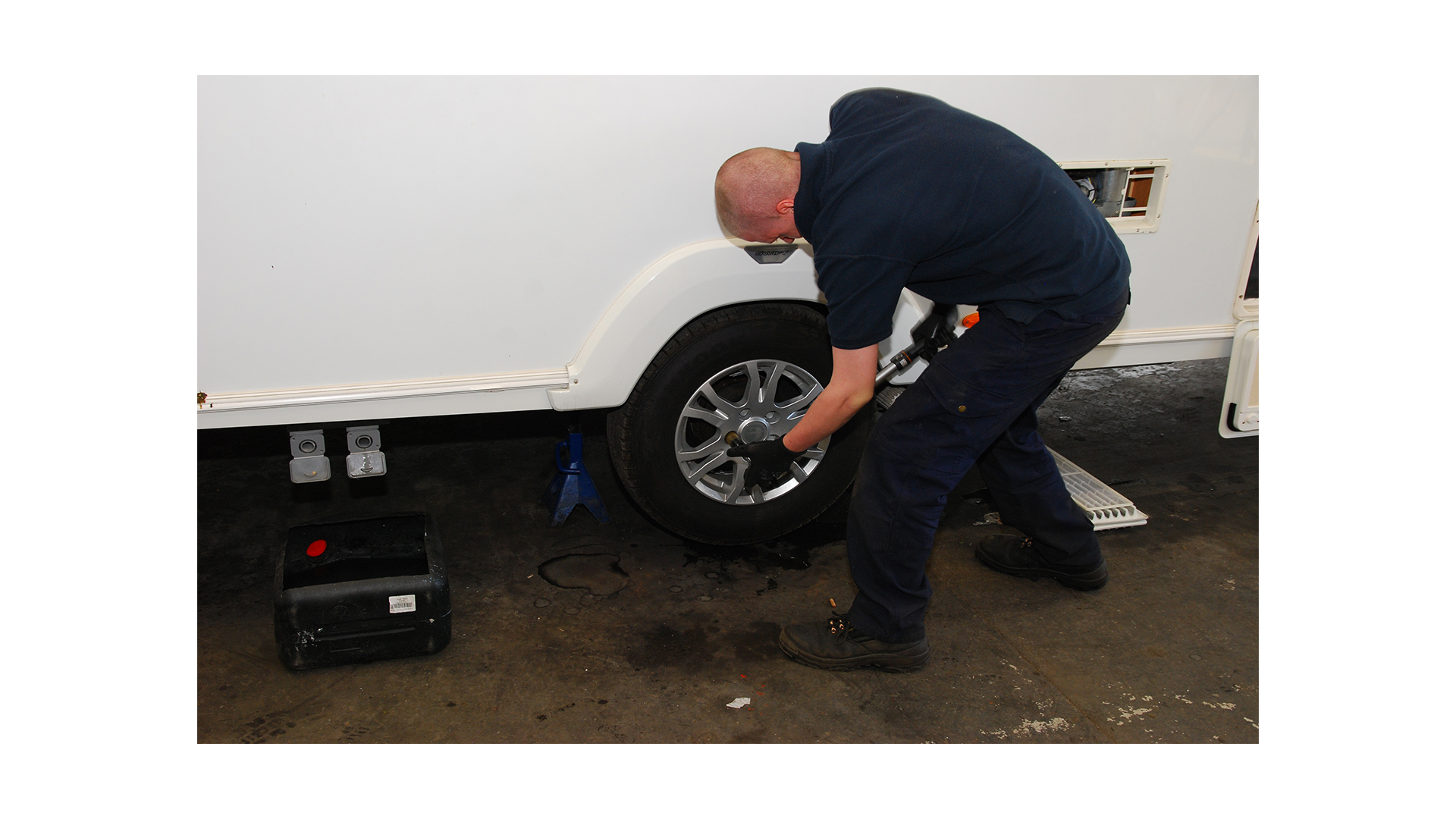
- Greasing of the coupling head, if it does not have a stabiliser hitch
- Condition of breakaway cable and clip
- Battery charge state (use an inexpensive multi-meter) and charge with a leisure battery charger if necessary
- Visual condition of flexible gas hoses and regulator connections
- Flame colour from cooker and gas appliances. The flame should stay blue. If yellow flames appear, consult a workshop
- 12N, 12S (7-pin) or 13-pin connection cables, plugs and sockets for signs of wear or looseness. Clean contacts if necessary
- The RCD cut-out test switch works. Check this every time you connect to a hook-up point
- All water hoses and check tightness of connections
- Ventilation and gas drop-out vents to ensure they are not obscured by items carried in lockers
- The stabiliser friction pads wear indicator on the hitch if a stabiliser hitch head is fitted. If necessary replace according to the maker's instructions
If any item stops working during the year, try to attend to it as soon as possible. At least check that further problems are not being caused, such as with a water leak. If it is an electrical item, check and replace the appropriate fuse, but if it blows again immediately then have the electrical system checked over professionally. If a gas leak develops (you should smell it) evacuate the caravan, switch off the valve at the gas cylinder, keep clear and seek help.
Expert jobs
It is strongly recommended you do not work on any of the following items unless you have the appropriate qualification. Use a qualified technician.
- Any gas equipment or connections to gas appliances
- Mains electrical supply
- Any work on chassis or brakes, other than minor adjustments not involving dismantling
- Damp checking – this needs good quality equipment and expert analysis. Simple DIY meters can be misleading
- Warranty work – doing this yourself may invalidate any claim
- Repairs to the exterior bodywork
- Floor delamination (spongy floor)
- Fitting items directly to the chassis (such as a motor mover or trailer control system)
- Removal and refitting of brake drum – this usually features a one-shot nut that cannot be reused and requires a torque wrench with a high working range to fit (see picture above).
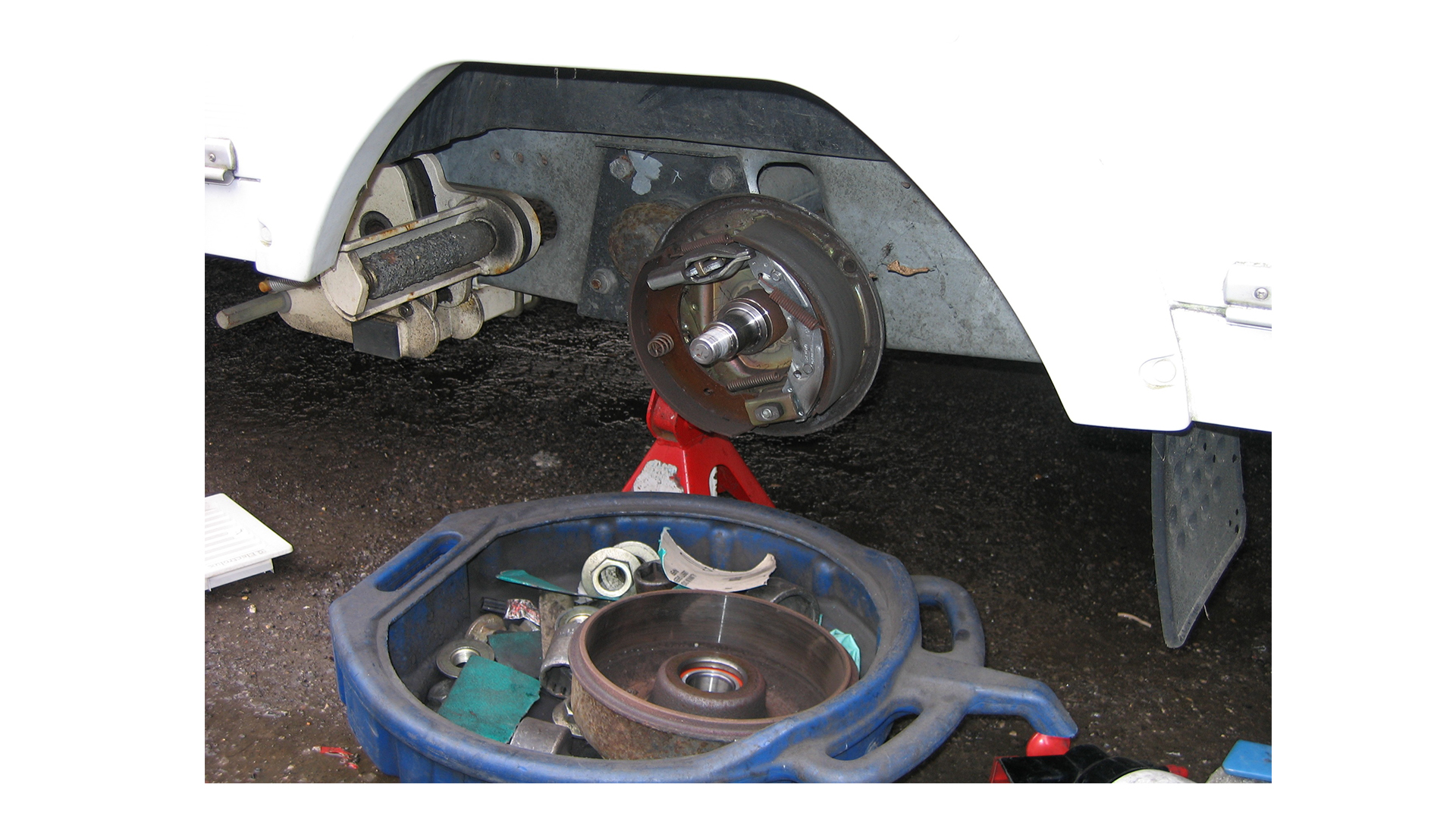
If you undertake some of the more complex jobs, only try doing things that are within your ability and you have suitable instructions to follow. Never work under a caravan or motorhome supported only by a jack. Use proper axle stands if necessary and try to ensure someone else is nearby at all times if you are under the vehicle. Also note that for most modern caravans it is not permitted to drill the chassis.
Winter preparation
Always carefully prepare your caravan or motorhome before the winter. First and foremost in winter months it is necessary to prevent the water supply system freezing in sub-zero temperatures. Water expands when it freezes and can do serious and expensive damage. So before storing your unit or leaving it unheated between trips, ensure it is fully and correctly drained down.
When leaving your unit for long periods leave the handbrake off to prevent the drums rusting and seizing to the linings. Consider removing the leisure battery and storing it at home, with regular recharging with a proper leisure battery charger (unless you have an alarm fitted). If left in the unit ensure the battery is isolated from all 12V equipment by means of the unit's isolation switch or disconnect it. Remember, even when not used a battery will discharge over time and once left in a discharged state its storage capacity can never be fully restored. A battery should not be left much more than six weeks before charging, less if the battery needs to remain connected to operate a security system.
It is wise to visit your caravan every so often in storage to check things over. Open all the windows to let the air circulate as well as check for mould growth, which will only get worse if left. Make sure for example that you have emptied out the fridge, let it achieve ambient temperature and dry it thoroughly before leaving it with the door slightly ajar.
If you have room at home, take the cushions with you to avoid them becoming damp and cold, and if you want to leave the bedding in the van over winter then consider packing it in vacuum bags that take up less space. See the Club's Expert Guides on winterising a caravan or motorhome for further information.
Touring in winter
If you are planning to tour in the winter months or in colder climates overseas have a look at our Expert Guide on Winter touring in caravans and motorhomes for useful advice and tips.
Starting out
Assuming you have had the caravan or motorhome serviced during the winter period you will still need to make a few extra checks before starting the new season:
- Open all windows to air the van. Switch on the gas supply and make sure there is no smell of gas
- Turn on main 12V switch and check the battery voltage on the meter. A fully-charged battery will read 12.7V and if showing less than 12V it is best to charge it with a battery charger. For a caravan leisure battery, do not rely too much on the charging from the car when towing
- Close drain-down valves and taps and refill and sterilise the water system according to the instructions in handbook. Replace the water filter after sterilising the system
- Check for water leaks
- Make sure all 12V internal systems are working
- Connect to the car via the 12N or 13-pin plug and ensure all road lights are operating correctly
- Check road light lenses for water ingress, which can short out the lamp
- Test the smoke and CO alarms
- Check handbrake operation by applying and releasing
- Check and adjust the tyres to the correct pressure and check for cracks or other deterioration
- Use a torque wrench to check wheel nuts are tightened to the manufacturer's recommended settings
- Remove fridge vent covers if the temperature is above 10C
- Check all vents for leaves and debris
- Close windows
In addition, before connecting to 230V electricity supply, examine the cable, plugs and sockets to make sure they are not damaged and check the RCD test button works before switching on any device. If you have been using your van regularly during the winter, most of this will have already been done, but it is always a good discipline to run a few checks every time you take it out again, after even a short period out of use.
See our Expert Guide Preparing your caravan, motorhome or trailer tent for the new season for further advice.
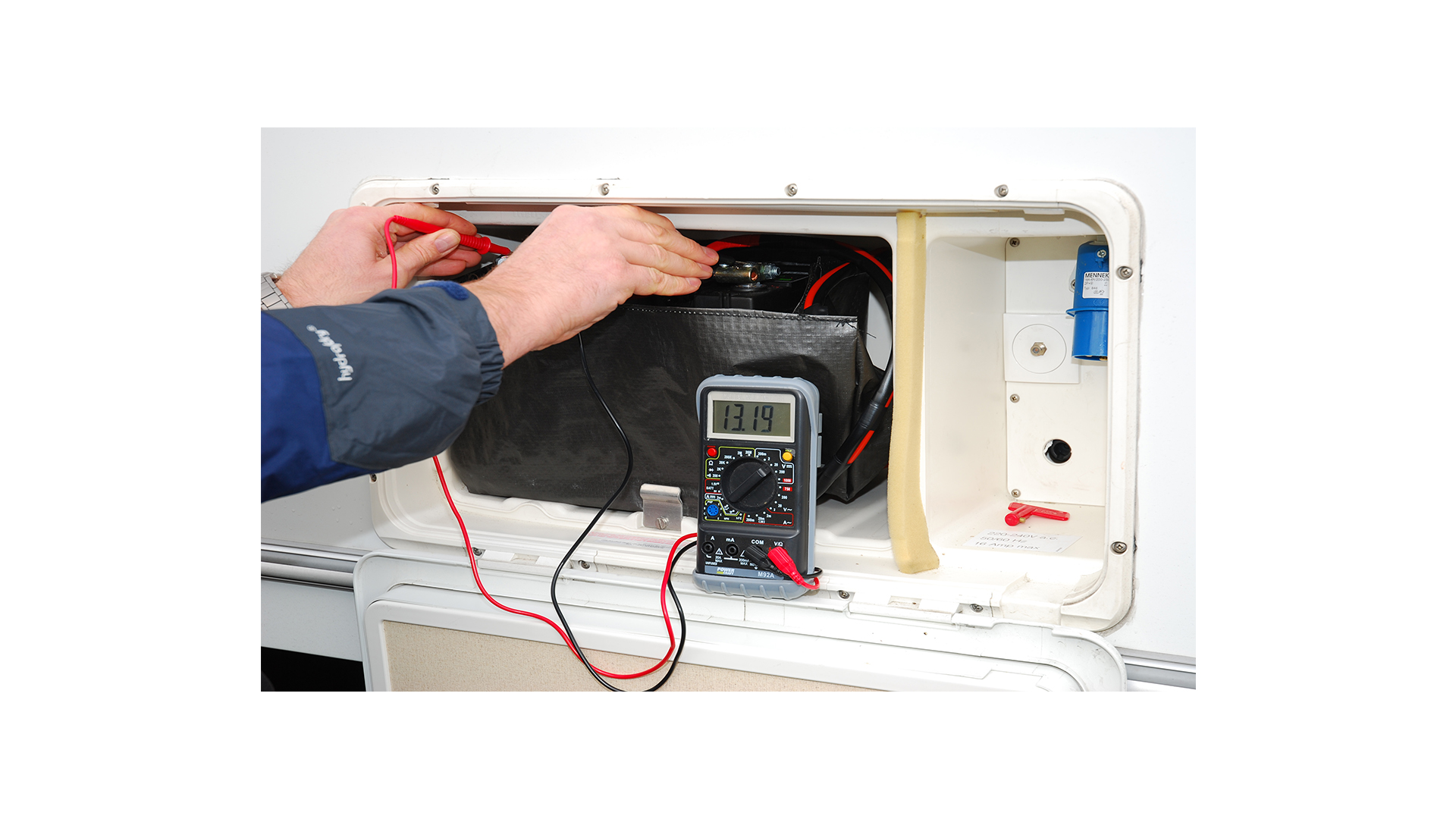
And finally
You have spent many thousands of pounds on your home-from-home. Do not squander this investment by skimping on regular servicing and maintenance. It will repay you in the long term.
It is appreciated that many Club members are confident and experienced DIY-ers, but over the years equipment has changed and become more sophisticated and what you could easily do with a caravan or motorhome in past years is often more complicated and involved than it used to be. While the Club does not recommend DIY work on major or safety critical systems, this still leaves plenty of scope for routine maintenance and minor improvements to your van.
Whatever work you do yourself, a little caution now may prevent the embarrassment and cost of calling someone else to put it all right. Not to mention potential injury.
Further information
- Approved Workshops Scheme www.approvedworkshops.co.uk to find an Approved Workshop in your area. For further information on the scheme and to download caravan or motorhome service schedules go to the FAQ section on their website.
- The Caravan Manual and The Motorcaravan Manual are detailed maintenance guides with photographs. They are written by John Wickersham and published by Haynes.

